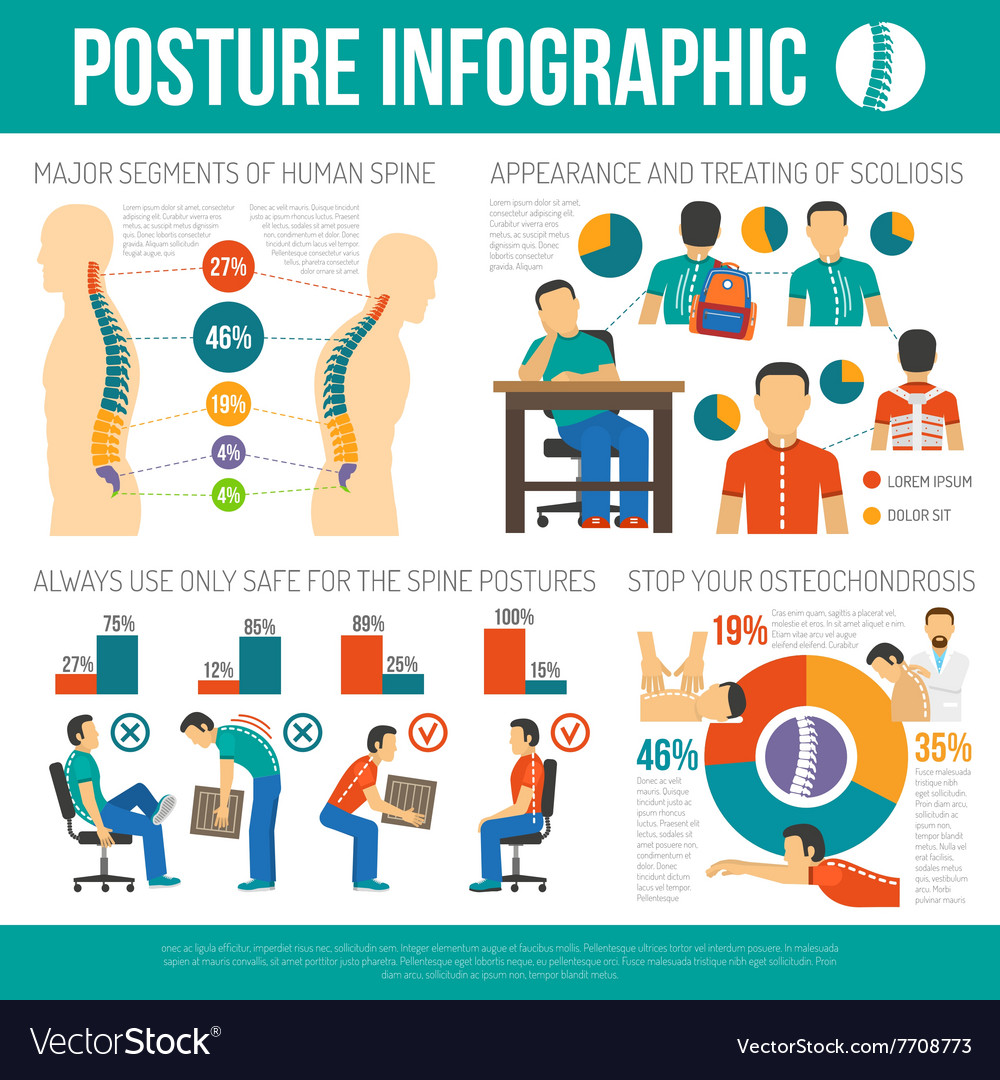Look After Your Back By Discovering The Effect Of Your Diet Regimen On Pain Monitoring-- Learn Which Foods Can Provide Relief And Which Ones To Steer Clear Of
Look After Your Back By Discovering The Effect Of Your Diet Regimen On Pain Monitoring-- Learn Which Foods Can Provide Relief And Which Ones To Steer Clear Of
Blog Article
Developed By-Whitley Hardin
When it comes to managing your pain in the back, the food options you make can considerably influence how you feel each day. Imagine being able to reduce your pain simply by changing what you eat. By recognizing the role of nourishment in back pain monitoring and recognizing which foods to incorporate or steer clear of, you can take proactive steps towards a healthier and much more comfortable way of life. The link in between nourishment and back health is more profound than you might recognize-- let's check out just how certain foods can either soothe or intensify your back pain.
Value of Nourishment in Pain In The Back
Nutrition plays a vital function in taking care of back pain. dr steven schram can significantly impact inflammation levels and overall discomfort degrees in your back. Eating a well balanced diet regimen rich in nutrients like vitamins D and K, calcium, magnesium, and omega-3 fatty acids can help in reducing inflammation and enhance bones, which are essential for back health.
Additionally, preserving a healthy weight through appropriate nutrition can relieve stress on your spinal column, decreasing the risk of neck and back pain.
Additionally, certain nutrients like anti-oxidants located in vegetables and fruits can assist fight oxidative anxiety and promote healing in the body, including the back muscles and back.
On the other hand, consuming excessive quantities of processed foods, sweet drinks, and harmful fats can add to swelling and weight gain, intensifying pain in the back.
Foods to Consume for Back Health
To support a healthy and balanced back, including nutrient-rich foods into your daily meals is crucial. Consisting of foods high in anti-oxidants like berries, spinach, and kale can help reduce swelling in your back, easing discomfort and pain. Omega-3 fatty acids discovered in fatty fish such as salmon and mackerel have anti-inflammatory residential properties that can benefit your back wellness.
Additionally, consuming nuts and seeds like almonds, walnuts, and chia seeds gives essential nutrients like magnesium and vitamin E, which sustain muscle function and decrease oxidative tension. Including lean proteins such as hen, turkey, and tofu can aid in muscular tissue repair work and upkeep, promoting a strong back.
Do not fail to remember to include dairy or strengthened plant-based alternatives for calcium to support bone health. Finally, moisturize with a lot of water to maintain your spinal discs moisturized and working ideally. By consisting of these nutrient-dense foods in your diet plan, you can nurture your back and support total spine wellness.
Foods to Avoid for Pain In The Back
Choose staying clear of processed foods high in sugarcoated and trans fats when looking for relief from back pain. go to this site of foods can contribute to inflammation in the body, which may aggravate back pain. Say no to sugary treats sweet, pastries, and sweet drinks, in addition to fast food things like hamburgers, french fries, and fried chicken that are typically loaded with trans fats.
In addition, avoid foods including high levels of refined carbs, such as white bread, pasta, and breads, as they can spike blood sugar levels and possibly get worse swelling in the body.
It's likewise wise to limit your intake of foods high in saturated fats, like red meat and full-fat milk items, as they can add to inflammation. Refined foods like delicatessens meats, chips, and packaged treats are often high in saturated fats and should be eaten in small amounts.
Final thought
To conclude, taking notice of your diet regimen and making wise food options can have a substantial effect on handling pain in the back. By integrating nutrient-rich foods like berries, fatty fish, nuts, and lean proteins, and staying clear of refined and sugary things, you can help reduce inflammation and assistance in general back health. Keep in mind, what you consume plays an important duty in how you feel, so make certain to prioritize your nourishment for a much healthier back.
